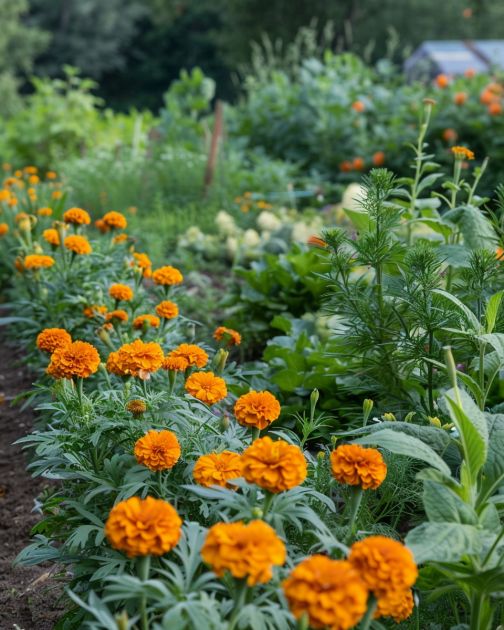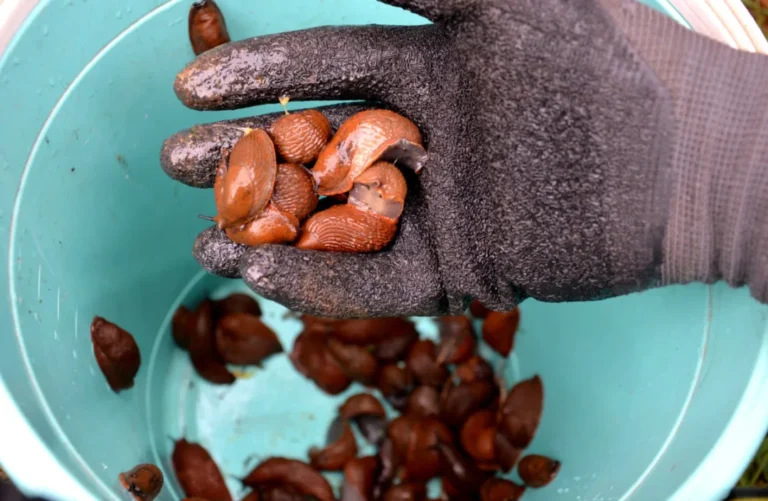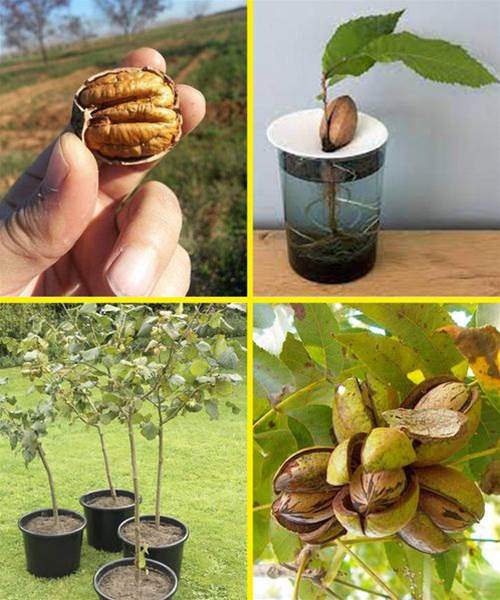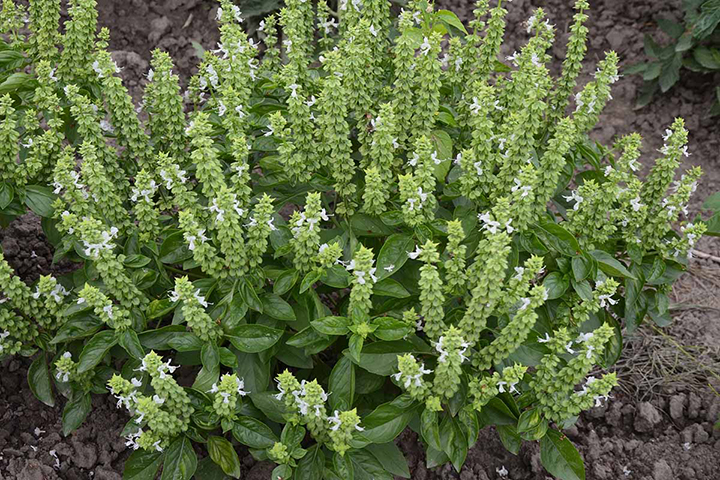Here’s Why You Want to Plant Marigolds in Your Vegetable Garden
Marigolds are more than just vibrant, cheerful additions to your garden—they offer a range of benefits that can enhance the health and productivity of your vegetable garden. Here's why you should consider planting marigolds among your veggies:
1. Natural Pest Control
One of the primary reasons to plant marigolds in your vegetable garden is their ability to repel pests. Marigolds produce a scent that deters a variety of common garden pests, including:
- Nematodes: These microscopic worms can wreak havoc on plant roots, but marigolds, particularly the French marigold (Tagetes patula), produce compounds that are toxic to nematodes.
- Aphids: The strong scent of marigolds can repel aphids, which are notorious for damaging vegetable plants.
- Whiteflies: These pests are often deterred by marigolds, reducing the likelihood of infestations in your vegetable crops.
2. Attract Beneficial Insects
While marigolds repel harmful pests, they attract beneficial insects that can help your garden thrive. These beneficial insects include:
- Ladybugs: Known for their appetite for aphids, ladybugs are drawn to marigolds.
- Hoverflies: These insects feed on aphids and other small pests and are attracted by marigold blooms.
- Parasitic Wasps: These wasps prey on caterpillars and other garden pests and are also attracted to marigolds.
By planting marigolds, you create a balanced ecosystem where beneficial insects can help keep pest populations under control.
3. Companion Planting Benefits
Marigolds are excellent companion plants for many vegetables. Companion planting is a gardening technique where certain plants are grown together to benefit each other. Marigolds work well with a variety of vegetables, including:
- Tomatoes: Marigolds can help repel nematodes that affect tomato roots, as well as aphids and whiteflies.
- Beans: The pest-repelling properties of marigolds can help protect bean plants from aphids and beetles.
- Squash and Cucumbers: Marigolds can deter squash bugs and cucumber beetles, which are common pests for these plants.
4. Improve Soil Health
Marigolds can also contribute to the overall health of your soil. Their roots release chemicals that can suppress harmful nematodes, leading to healthier soil conditions for your vegetables. Additionally, when marigolds are turned into the soil at the end of the season, they add organic matter, improving soil structure and fertility.
5. Beautiful and Low Maintenance
Besides their practical benefits, marigolds are beautiful and easy to grow. They add a splash of color to your vegetable garden, making it more visually appealing. Marigolds are also hardy plants that require minimal maintenance, making them an excellent choice for gardeners of all experience levels.
How to Plant Marigolds in Your Vegetable Garden
- Choose the Right Variety: French marigolds (Tagetes patula) are particularly effective at repelling pests, but other varieties can also be beneficial.
- Planting Location: Plant marigolds around the perimeter of your vegetable garden or intersperse them among your vegetable plants.
- Spacing: Space marigolds about 8-10 inches apart to allow them room to grow and spread.
- Sunlight: Marigolds thrive in full sun, so plant them in areas that receive plenty of sunlight.
- Watering: Water marigolds regularly, but do not overwater, as they prefer well-drained soil.
By incorporating marigolds into your vegetable garden, you can enjoy a more vibrant and productive garden with fewer pests and healthier plants. Their natural pest-repelling properties, ability to attract beneficial insects, and contribution to soil health make them a valuable addition to any garden. So, next time you plan your garden, don't forget to include marigolds!
Happy gardening! 🌼🌱







